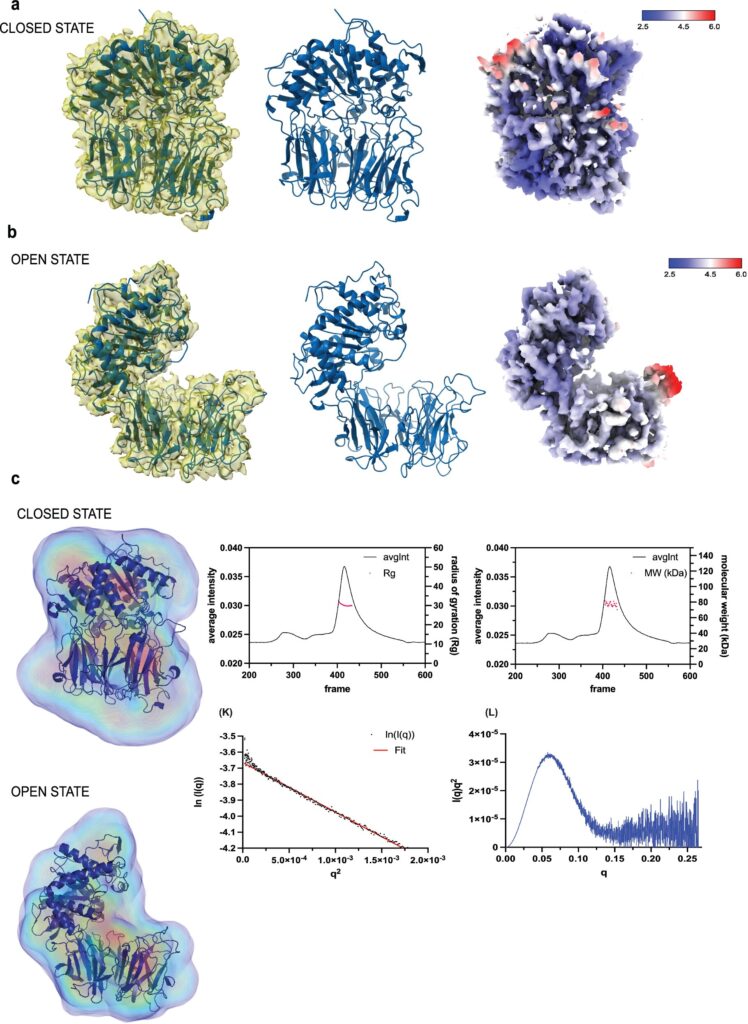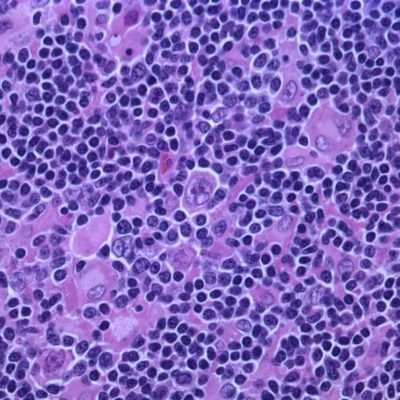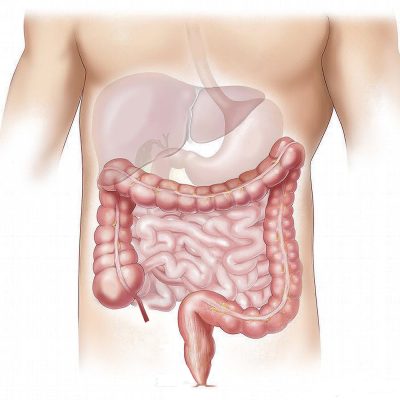The quest for an effective Chagas disease vaccine has been ambitious yet critical, given the disease, caused by the parasite Trypanosoma cruzi, affects millions globally. Recent advances are shedding light on potential breakthroughs. Notably, a study published in The Lancet reports on the significant strides made towards developing effective vaccines that can neutralize the parasite’s effects on human health. As of 2025, approximately 7 million individuals are thought to be living with Chagas disease, significantly enhancing the urgency for vaccine development. Understanding the biology of the Trypanosoma cruzi and how it interacts with the host’s immune system is crucial for developing a prophylactic vaccine that not only prevents infection but also eliminates latent pathogens present in infected individuals.
Recent Advances in Chagas Disease Vaccine Research
Research has intensified around the development of vaccines for Chagas disease, focusing particularly on utilizing innovative technologies. One significant advancement includes the use of RNA-based vaccine platforms, as highlighted in a recent publication by the American Chemical Society. This study explores the potential of mRNA technology to create a therapeutic vaccine, which not only targets the parasite but also enhances the immune response necessary to eradicate chronic infections. Using lipid nanoparticles as carriers for mRNA, studies conducted on mouse models demonstrated promising results in inducing a robust immune response, indicating a path forward for developing a practical vaccine solution.
The Role of Antibodies in Vaccination
Antibodies play a critical role in the immune response against Chagas disease. Current studies emphasize the need for vaccines to induce the production of specific antibodies capable of effectively neutralizing Trypanosoma cruzi. Research published in various peer-reviewed journals confirms that successful vaccine candidates stimulate a combination of humoral and cellular immunity. This dual approach not only helps in clearing the infection but also aids in preventing reinfection. Enhanced knowledge through research as stated in Tulane University has broadened the avenues for targeted vaccine design.
📊 Key Vaccine Insights
- Vaccine Development: Focus on therapeutic and prophylactic methods
- Investment: Increased funding for Chagas disease vaccine research
Understanding Chagas Disease and its Impact
Chagas disease is not just a public health concern; it significantly impacts the economic stability in endemic regions, particularly in Latin America. Communities affected by this disease experience reduced productivity and increased healthcare expenses. Programs designed to tackle vector control and screening for complications such as Chagasic cardiomyopathy can substantially decrease the disease burden. Public health initiatives have become vital, leading to a recent push for more effective interventions.
Key Takeaways and Final Thoughts
In summary, the journey toward an effective Chagas disease vaccine encounters numerous challenges and breakthroughs. Recent studies clearly emphasize the importance of targeting immune responses specific to the parasite. Innovations in vaccine development, particularly using mRNA technology, are paving a promising way forward to combat this public health crisis. With continued research and funding, there lies hope for a viable solution.
❓ Frequently Asked Questions
What is Chagas disease?
Chagas disease is an infectious disease caused by the parasite Trypanosoma cruzi, primarily transmitted through insect bites. It can lead to severe long-term health issues, including heart disease.
Are there vaccines for Chagas disease?
As of now, there are no approved vaccines for Chagas disease. However, ongoing research aims to develop effective vaccines that can provide immunity against this parasite.
To deepen this topic, check our detailed analyses on Medical Innovations section







